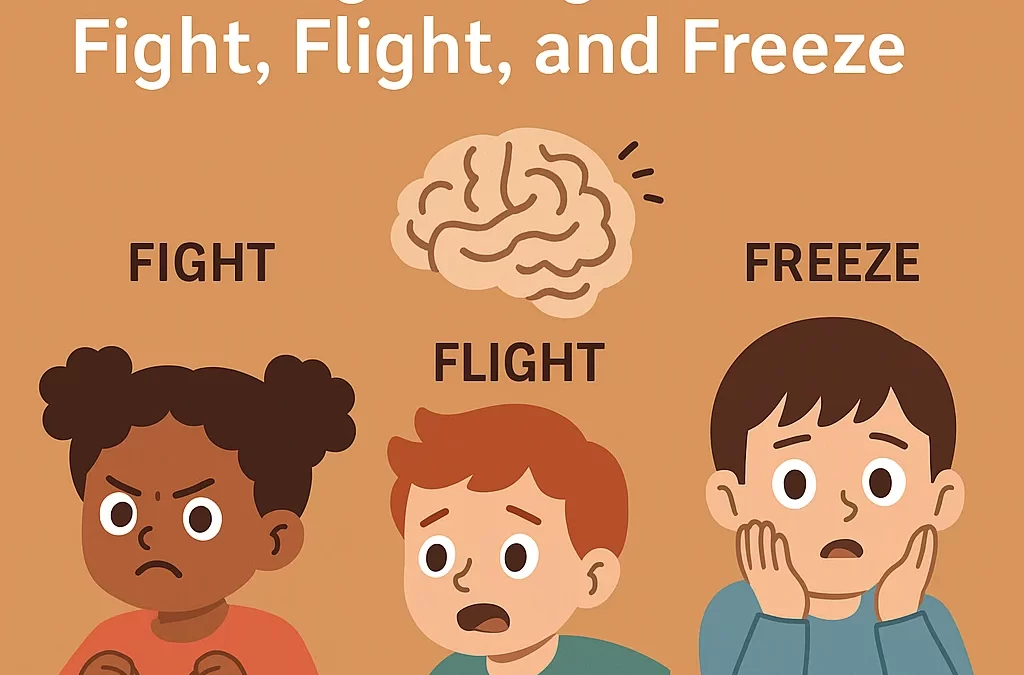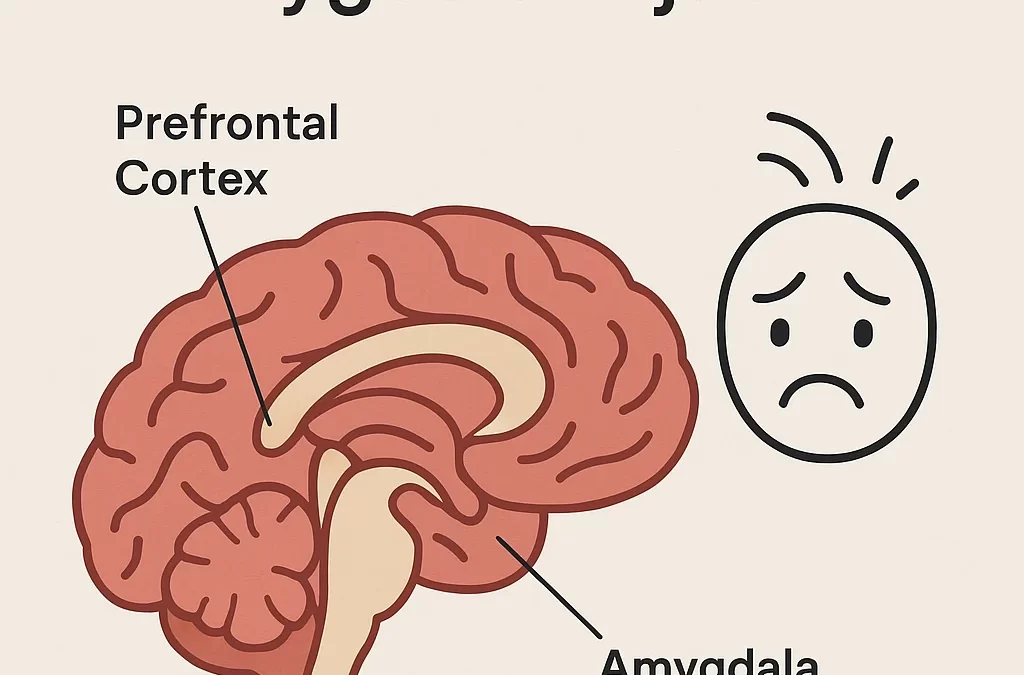by mysocialedge.com | Jun 3, 2025 | Emotional Intelligence, Emotions, Empathy, Mindfulness, Parent-Child Relationships, South Asian American
Recently, I had the opportunity to speak at the Hindu Spiritual Care Institute (HSCI), a nonprofit organization in the Bay Area that’s doing important work for the South Asian American population. HSCI is preparing to graduate its first class of Counselors of Hindu...

by mysocialedge.com | May 23, 2025 | Brain, Don't Let Emotions Get the Best of You, Emotional Intelligence, Emotions, Self-Awareness, Self-Regulation
By Social Edge Ambassador: Ishita Singh Young children are still learning how to make sense of the world around them—including their emotions and bodily sensations. One of the most important emotional responses to understand is fear. Fear is a natural reaction that...

by mysocialedge.com | May 23, 2025 | Brain, Brain-Based EQ, Emotional Intelligence, Emotions, Neuroscience, Self-Awareness, Self-Regulation
By Social Edge Ambassador: Ishita Singh Have you ever found yourself feeling scared, anxious, or overwhelmed—yet nothing around you seemed dangerous? Maybe your heart started pounding before a big test, or you felt a knot in your stomach after a disagreement with a...

by mysocialedge.com | May 1, 2025 | Breath, Emotional Intelligence, Emotions, Meditation, Mindfulness
by Dr. Amita Roy Shah Building Happier, Healthier Campus Communities: The SKY Campus Happiness Program I recently attended the SKY Campus Happiness program, and learned how I could start each day with more joy and peace. In a time when college students and university...

by mysocialedge.com | Apr 3, 2025 | Art, Free Worksheets, Holi, Kids activities, Mindfulness
By Social Edge Ambassador: Ishita Singh Recently, we had the incredible opportunity to collaborate with the Alameda County Library for a vibrant and heartwarming Holi celebration! This special event brought together families from all walks of life to honor Indian...




